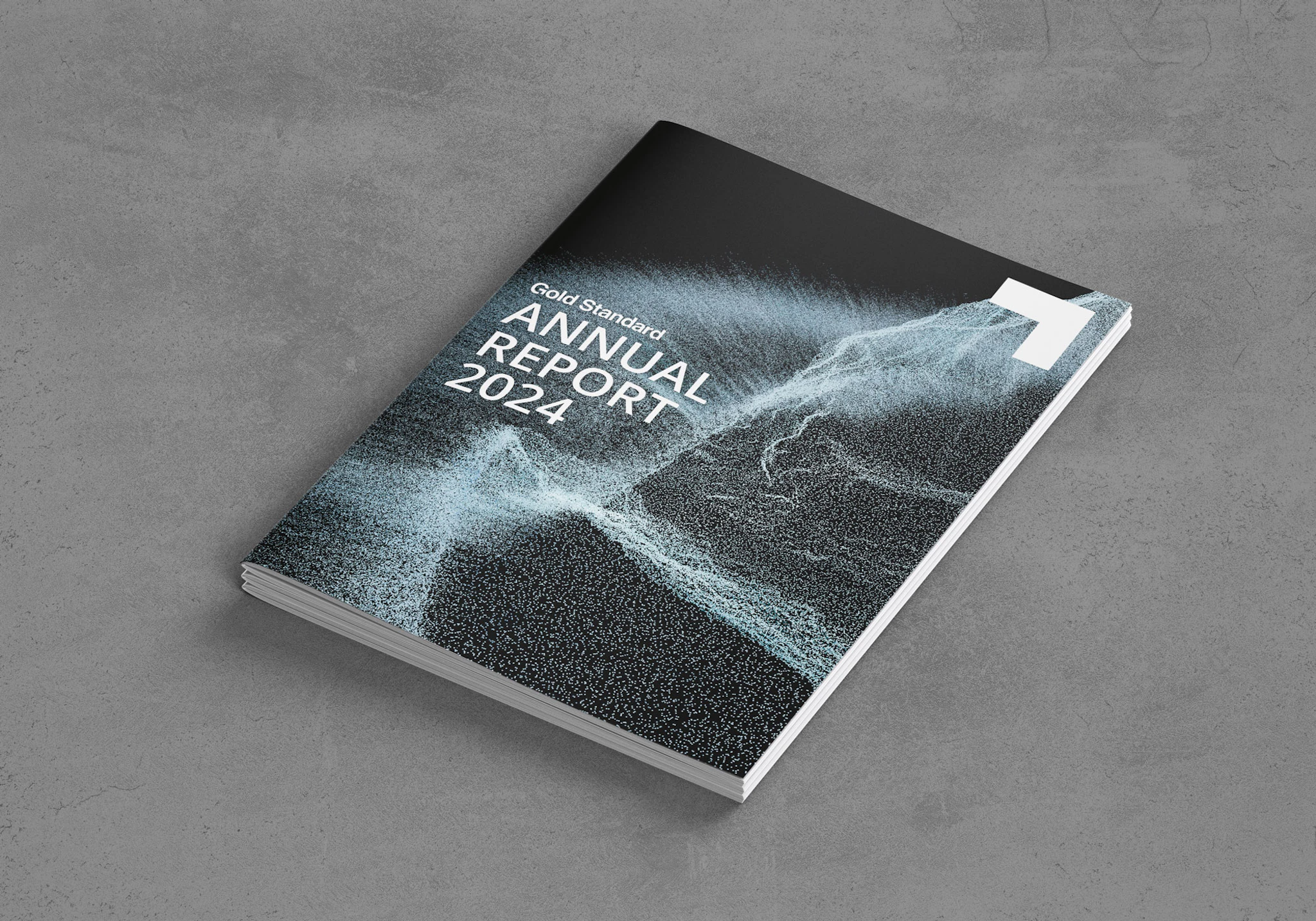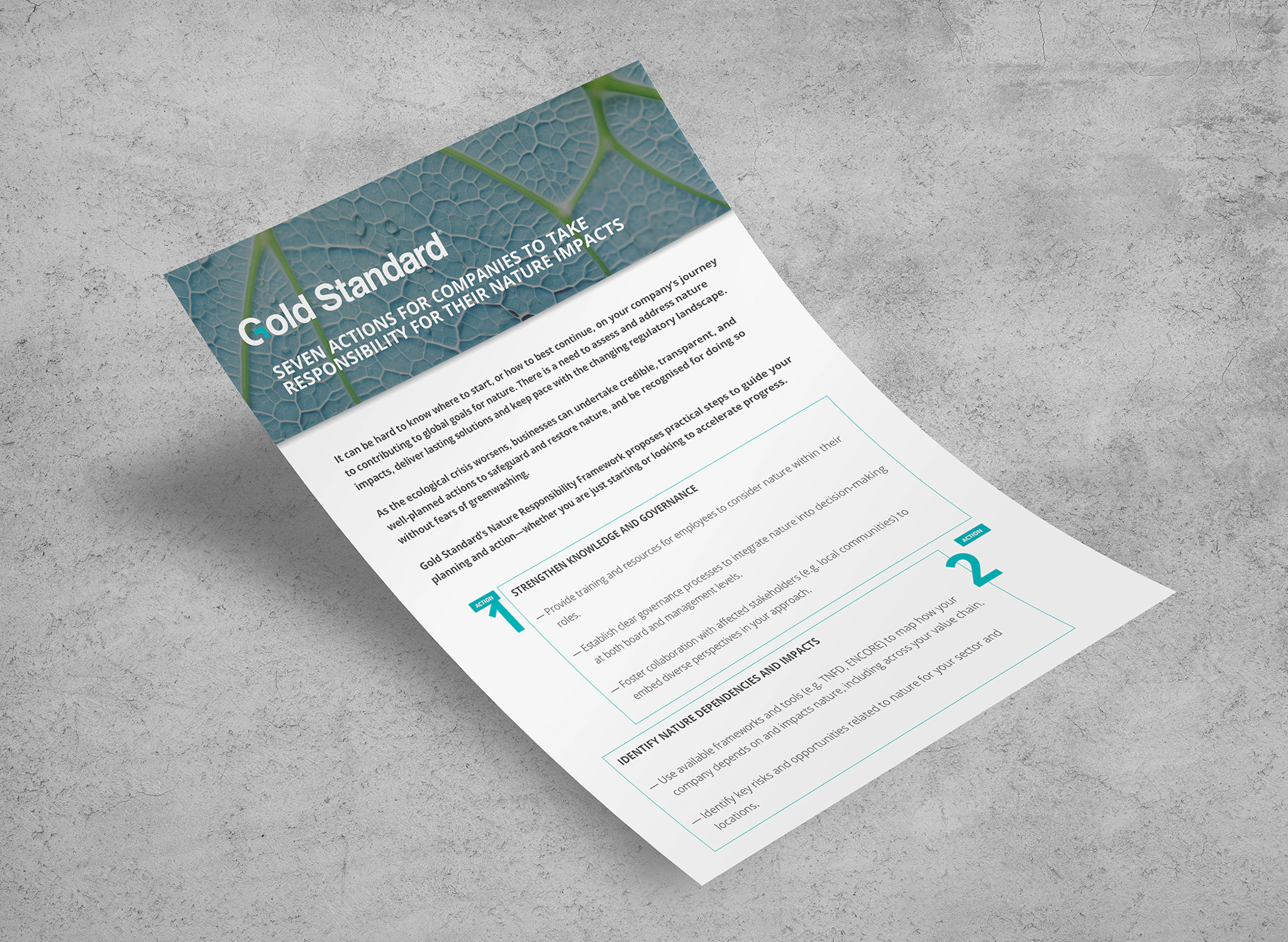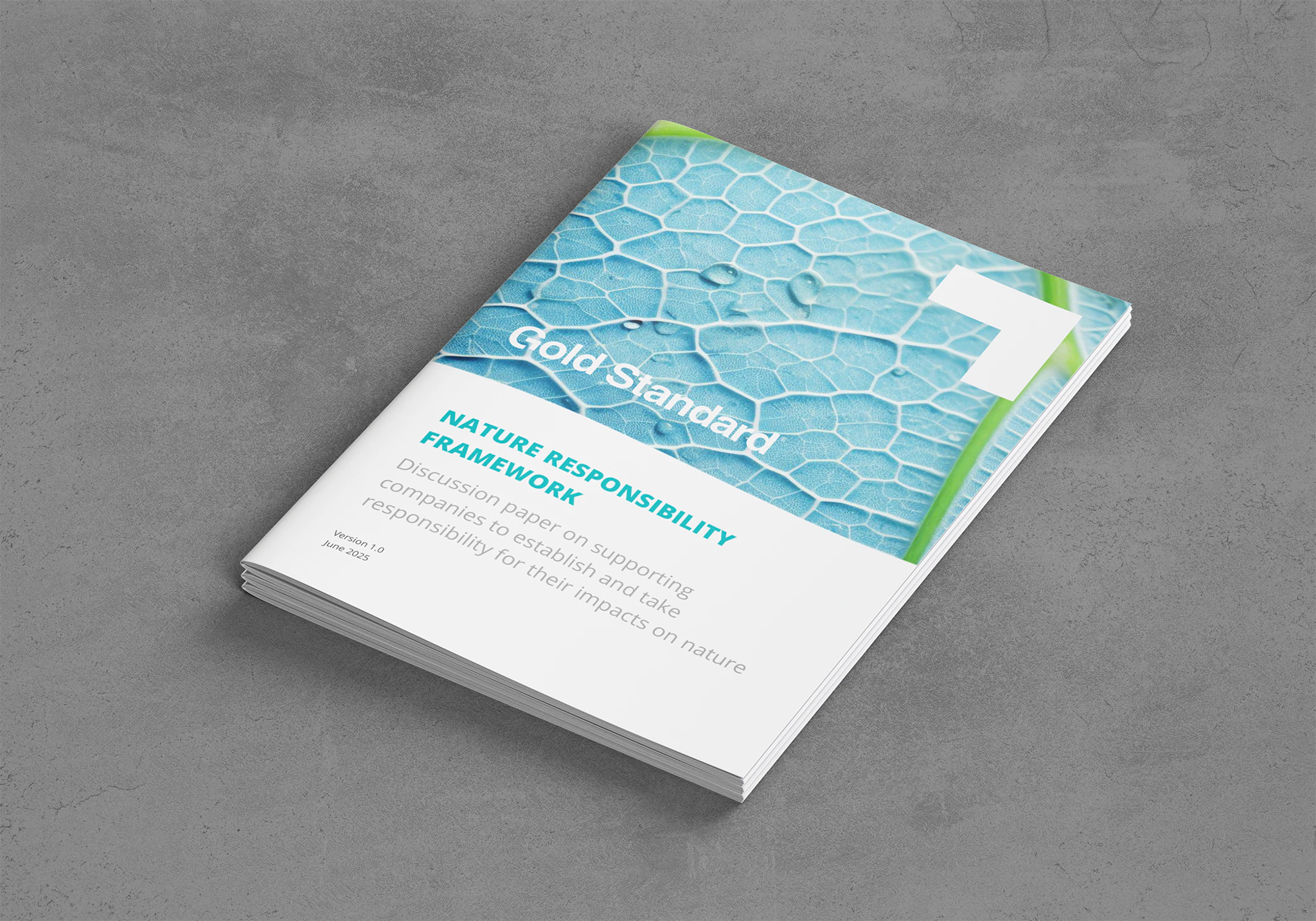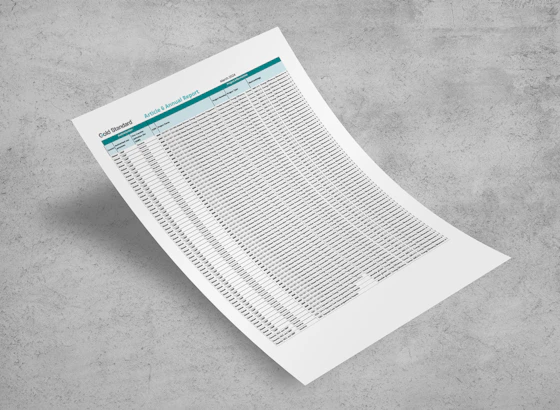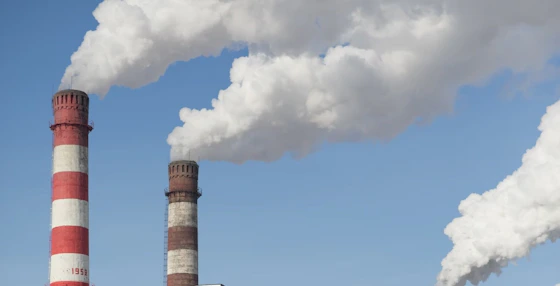News Room
FEATURED NEWS
Gold Standard Annual Report 2024
7 Actions for Nature Responsibility
Nature Responsibility Framework
All News & Publications
707 News
Order: desc
webinar series webinar Building Credible Strategies for Carbon Dioxide Removals
consultation Methodology for Safe Drinking Water Supply and Supporting Documents
event Pacific Alliance’s Technical Sub-Group for Monitoring, Reporting and Verification Event
consultation Contrail prevention to reduce aviation’s non-CO2 climate impacts
report Article 6 Annual Report
announcement Project Spotlight: Sichuan Household Biogas Programme
live report Certification Process Step-by-Step
webinar Cleared for Take-Off: how CORSIA is moving from policy to practice
live report Article 6 and CORSIA labelling - Step-by-step guide
consultation Reduced Emissions from Cooking and Heating (TPDDTEC) v.5.0
consultation Metered & Measured Energy Cooking Devices
consultation Comprehensive Lowered Emission Assessment and Reporting (CLEAR) Methodology for Cooking Energy Transitions
consultation Animal manure management and biogas use for thermal energy generation (AWMS) v.2.0
consultation Simplified methodology for Clean and Efficient Cookstoves (SMEC) v.4.0
event Carbon Unbound West Coast
webinar What to expect from SBTi's Corporate Net-Zero Standard Version 2.0?
consultation Joined up sustainable transition (JUST): Coal Decommissioning
consultation Just Transition Requirements
consultation Joined up sustainable transition (JUST): Fossil fuel generators

